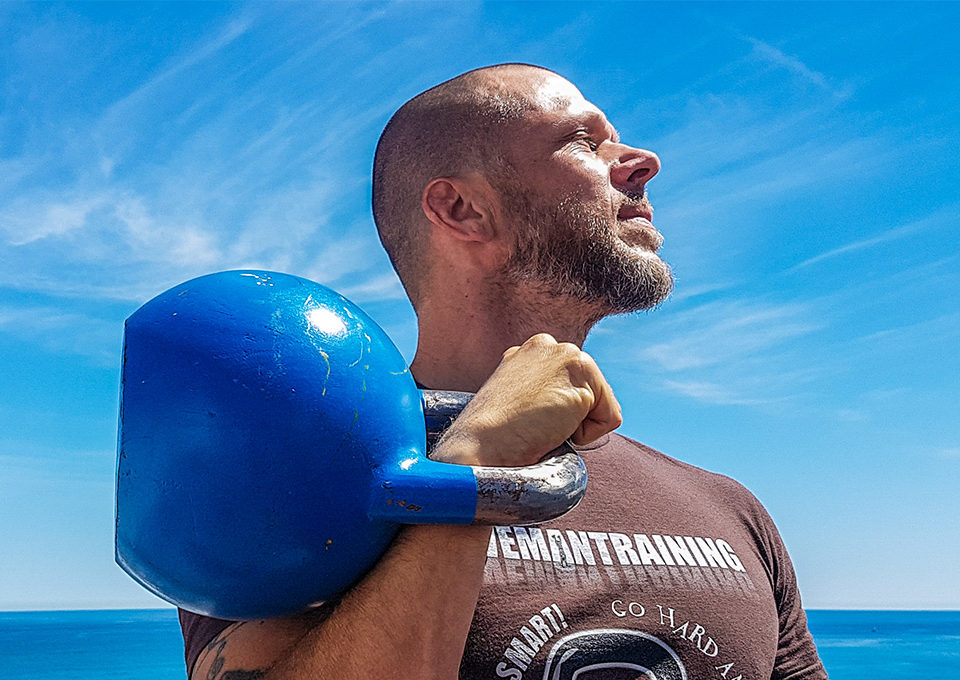Let’s raise awareness for mental health!
To continue our theme of mental health leading up to Bell’s “Let’s Talk” day on the 31st we’ve taken the time to find local mental health professionals in the West Vancouver area who are passionate about helping their patients and keen on raising awareness for mental health.
We had the opportunity to have a virtual sit down with West Vancouver based Registered Clinical Counsellor, Johanna Simmons, to talk mental health and ask her some of the questions the average person may have for a mental health professional. Enjoy!
Q: Tell us about yourself!
A: I, Johanna Simmons, am a registered clinical counselor who practices on Bellevue in Ambleside in West Vancouver. I work with clients aged 2 – 102 with a specialty in child and family counseling and parenting education. I believe that families are the foundation of society and that children are the future. Some of the therapies or modalities that I use apart from the more traditional talk therapies are Child Play Therapy, EMDR, and Neurofeedback.
Q: What is the difference between your designation and a psychiatrist/psychotherapist?
A: As a registered counselor, my job is not to diagnose clients but to help alleviate symptoms that they come into my office with. I also do not prescribe medication nor provide any psychological testing.
Q: Who would you recommend see a mental health professional and how can a patient recognize when it is appropriate to do so?
A: Everyone needs a mental health check-up at some time. One should visit a mental health practitioner when their symptoms or issues prevent them from living life to its fullest and interfere with daily living. Other times it is just great to have a non-judgemental, unbiased ear who can support you with whatever you are dealing with.
Q: What are the most common barriers that stop people from seeing a mental health professional and what are the most successful ways to overcome those barriers?
A: I believe that there is still a stigma around getting support from a mental health professional and some people may also see reaching out for support as a sign of weakness. By talking to others, you may discover that there are more people who seek support than you realize. Maybe remembering that a counsellor merely helps you tap into resources within yourself that you have lost touch with, no one is reinventing you or changing you.
Q: How strong is the relationship between mental and physical(neuro-musculoskeletal specifically, not internal medicine) health and why are they connected?
A: The mind and the body are very interconnected. By strengthening the body, you strengthen the mind and by strengthening the mind, you strengthen the body. People’s posture says a lot about them and their posture affects their emotional state. Try it for yourself. Stand with your shoulders rounded and head hanging. Notice what you feel. Now shift your posture and hold your head high and shoulders back. Feel the difference?
Q: What are some common issues a mental health professional can help with; in general, and in those patients suffering from chronic pain or other injuries?
A: Generally people with chronic pain or injuries live with some depressive symptoms as having constant pain is difficult. A mental health practitioner can give you strategies to help with mood. If need be, these symptoms can be alleviated with medication which would be prescribed by a psychiatrist.
Q: What can a patient expect on their first visit?
A: On the first visit to a counsellor, a client and counsellor will begin the process of getting to know each other. Demographic information will be gathered as well as a history of the issue that is bringing them into counselling. Together they will set goals for counselling with the understanding that these goals can shift and change as counselling proceeds. Clients will leave the first session with some tools to help with the issue.
Q: What are some common tools or methods a mental health professional may use with patients?
A: A very common approach to counselling is Cognitive Behavioural Therapy (CBT). Most counsellors use a client-centred approach and some are trained further in EMDR, Neurofeedback or body-based therapies like Somatic Experiencing.
Q: How important is inter-professional collaboration and communication between different health practitioners?
A: The more interconnected the different health practitioners are the more comprehensive the client’s treatment is.
Q: How can mental health affect athletic/sport performance and how can working with a mental health professional help an athlete’s performance?
A: A healthy self-esteem and self-confidence are important to athletic performance. A mental health professional can help an athlete develop the emotional strength needed for top athletic performance.
Have more questions for Johanna or interested in booking an appointment? Visit her website and start your journey to better mental health today! Visit her Blog for mental health resources and information.
The Mental Health Series is a collaboration between our West Vancouver Chiropractor team and community partners.
Make An Appointment!
Quick Booking With The Jane App





